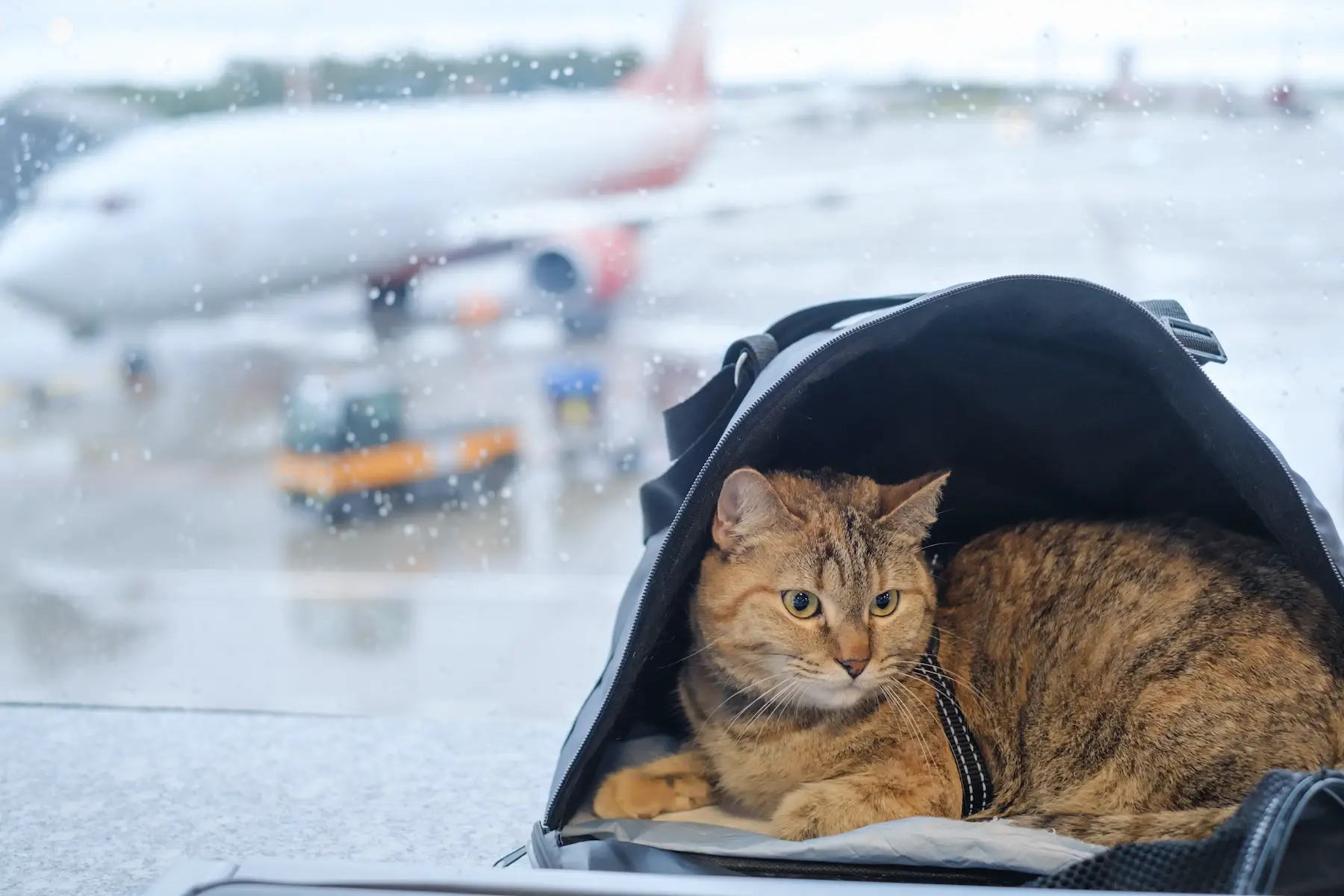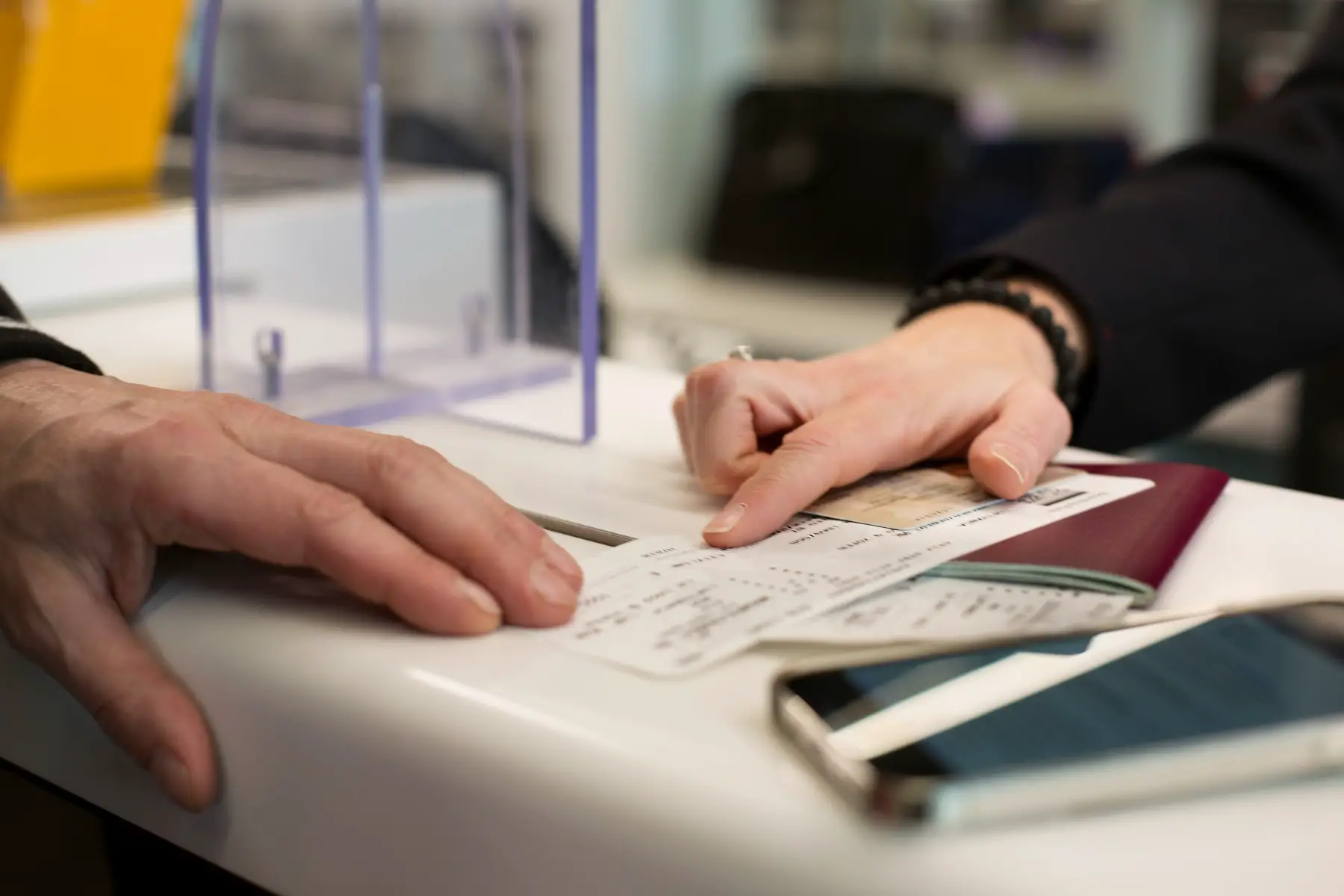Pets are part of the family, so you want to ensure you can keep them safe, happy, and healthy no matter where life takes you. The process can seem a little intimidating in a new country, whether you are moving to Italy with your pet or looking to adopt after settling in. There are relocation logistics, cost of living expenses, and legal restrictions to take consider, which vary by region.
Here are the ins and outs of pets in Italy, including:
- Italian pet culture
- Adopting pets in Italy
- Bringing or importing pets to Italy
- Registering pets in Italy
- Italian pet passports
- Pet insurance in Italy
- Italian pet healthcare
- Pet shops in Italy
- Italian pet services
- Lost pets
- Cost of keeping pets
- Selling a pet
- Rehoming pets in Italy
- Reporting animal abuse
- Useful resources
Italian pet culture
With around 40.2% of households having at least one animal, Italy is one of the most pet-friendly countries in the world. It ranks first for being most dog-friendly, based on animal protection laws, the number of vets, pet-friendly hotels and restaurants, and the like.
In every Italian city, you can find many pet shops, vets, and locals bringing their dogs wherever they go.

Around 60% of pet owners have a dog, and 58% have a cat. Some other popular animals include turtles, fish, and rodents. The Italian government prohibits most wild and exotic animals as pets, except for chinchillas, bearded dragons, and certain snakes.
Pet laws in Italy
All pet owners in Italy must follow laws regarding registration, vaccinations, and leashing. Dogs must be registered with the local Anagrafe Animali d’Affezione (pet registration department) and be microchipped. In public areas, owners must keep dogs on a leash of 1.5 meters or less. Dog parks are the exception, where they can play freely off a leash.
Cats can be let out on their own, but the government recommends registering them in case they get lost.
The rabies vaccine is required to enter or leave Italy. However, the vet will recommend more vaccinations to keep your pets healthy. Your vet, pet registration department, or breeder will provide a health card for your animal to keep track of all veterinary treatments.
Adopting pets in Italy
When adopting a pet, you can visit a local shelter or contact rescue associations. To adopt a dog or cat, you must be at least 18 years old and provide your ID or passport and address. Shelters and associations may ask additional questions or conduct a home visit to see if you are a good fit for the pet.
Rescuing a pet
Italy has many pet rescue associations that work with local shelters to help animals find new homes. If you apply to adopt a pet, there is often an interview and home visit to ensure you’re ready for the responsibility. You will also need to provide your ID and sometimes pay fees for vaccinations, veterinary visits, and pet registration.
Fostering a pet
Fostering a pet is a great way to help animals in need and welcome them into your home. Housing a pet for a short time while waiting for its permanent placement is known as tenere in stallo. If you are interested in fostering in Italy, you can contact an association to register. They will conduct a home visit and ask for your contact information and ID.
Buying a pet
You can easily find small animals, like birds, hamsters, or fish, at local pet stores. Specific breeds of dog and cat are available for purchase from breeders. It’s worth noting that breeders are less regulated in Italy compared to other EU countries. Finding a reputable breeder that adheres to best practices in animal welfare and caretaking may take some research.
You can browse a list of known Italian breeders using the EuroBreeder directory.

Depending on where the breeder lives, you may need to cover its transport cost. Expenses when purchasing a pet vary depending on the kind of animal and breed, with an average cost of €400 to 1,000 for a dog and €300 to 900 for a cat.
Bringing or importing pets to Italy
Pet immigration rules and restrictions
When bringing a pet to Italy from abroad, first review the government’s rules and regulations. The Italian Health Department (Ministero della Salute) has a list of rules for importing dogs, cats, and ferrets, which require:
- A microchip
- A rabies vaccination
- A pet passport if coming from another European Union (EU) country
- For non-EU pets, a veterinary visit and certificate of good health from the country of origin
- In some cases, a veterinary visit upon arrival
All pets entering Italy for travel or permanently must have a microchip and be vaccinated against rabies at least 21 days before the travel date. If your pet comes from a country with a high incidence of rabies, the Italian government requires a titer test to check your pet’s antibodies 30 days after the vaccination.
These regulations vary depending on which country you are traveling from and are often updated. Always refer to the website of the Health Department for up-to-date information.
Traveling with pets to Italy
There are many ways to bring your other-species friends to Italy, even from the other side of the world. You can transport them with you by train, bus, plane, or car, or they can travel solo with a pet relocation company. If you plan on flying with your pet, many flights allow dogs and cats in the cabin or cargo hold.
Italy’s national airline, ITA Airways, allows dogs, cats, and other small animals for a fee. It’s essential to review the rules set by each airline before making a choice. Carriers have strict requirements about the pet’s weight and the container it can travel in, and prohibits certain breeds for health reasons.
The top pet-friendly airlines that fly to Italy are:
- American Airlines
- Air Canada
- Air India
- Air France
- Swiss International Airlines
Italian trains allow small pets to ride with their owners for free. You may be surprised to know that big dogs are welcome too, for a small fee. Italo and Trenitalia, Italy’s two main train operators, allow you to bring pets onboard.

In case you need a pet relocation company, here are some that work in Italy:
Pet arrivals
In most cases, all you need to do after arriving is present the documents from your home country and let the authorities scan your pet’s microchip. Italy does not quarantine animals coming into the country as long as they meet all the requirements. So, you can take your pet home directly from the airport or train station.
Remember that it is mandatory to register all dogs living in Italy at the Anagrafe Canina, so you will have to do that shortly after arriving. The government only recommends registering outdoor cats at risk of getting lost.
Registering pets in Italy
Once you arrive in Italy or adopt a pet locally, your first step is to register your animal at the nearest Anagrafe Animali d’Affezione. You can book an appointment with them in person or over the phone. This process is mandatory for dogs but optional for other animals. They will ask for your pet’s information and ID, and give you proof of registration.
After registering your pet, you can also get them a European Pet Passport at your local ASL (Azienda Sanitaria Locale). A passport is necessary if you plan on traveling with your furry friend. Another important step is choosing a veterinarian and registering your pet for future visits and routine vaccinations.
Italian pet passports
Traveling from Italy to elsewhere? You will need a European pet passport to explore the world with your animal companion if they are registered in Italy. To apply for the passport, you can visit your closest Veterinary ASL or request information at your local Anagrafe Canina.
You don’t need to be an EU resident or citizen to apply.
Before you can get the passport, the ASL’s public vet will give your pet a check-up. You can book over the phone, but wait times may differ depending on the region. The ASL will issue the passport directly at the appointment. Make sure you bring your ID, any relevant information about your pet, and your Italian tax code if you have one.
Pet insurance in Italy
Veterinary care in Italy can be expensive, so you might be interested in getting pet insurance to cover any extra costs. In Italy, there are two kinds of pet insurance to cover:
- Civil liability and third-party property damage
- Veterinary costs
You only need to choose one kind of insurance, but many plans cover both. Civil liability insurance is vital in case your pet damages any property or happens to hurt another person or animal. Veterinary insurance can cover all or just part of yearly vet visits, vaccinations, procedures, and medication. The cost varies depending type of animal, breed, age, and location. On average, plans for dogs and cats start as low as €16 per month.
The main pet insurance providers in Italy are:
Italian pet healthcare
Veterinary services
In Italy, you call a veterinary office for checkups, vaccinations, or surgeries if your animal isn’t feeling well. A vet (veterinario) treats dogs and cats, while an exotic vet (or veterinario esotico) cares for pets such as hamsters, lizards, turtles, and wild animals.

You can also find emergency veterinarians open 24/7 if your pet needs to be seen immediately. Veterinario Vicino a Me is a handy search engine to find the nearest surgery.
In an emergency, first, call your vet or the closest emergency veterinary clinic, which you can find by searching for pronto soccorso veterinario. Otherwise, you can call 118, Italy’s health emergency number that also provides urgent veterinary services.
Vaccinations
To enter Italy, your pet will most likely need a rabies vaccine. This vaccine is also mandatory if you plan on leaving Italy with your animal friend in tow. If you adopt a pet while in Italy or bring it from abroad, there are some recommended vaccines that you can book at your local vet office, such as:
| For dogs | For cats |
| Parvovirus | Feline Panleukopenia |
| Distemper | Feline Calicivirosis |
| Canine Adenovirus | Feline Herpesvirus |
Pets’ vaccination schedules start shortly after birth, and some need to be repeated yearly. Your veterinarian can give you more information about your pet’s vaccination schedule and recommend any necessary treatments.
Neutering and spaying
You can speak with your local vet about the procedure, costs, and timeline of spaying or neutering your pet. Just book the appointment at the vet office over the phone, online, or in person.
Pet shops in Italy
Italians love their pets, so it’s no surprise that pet shops are widely available throughout the country. Pet stores sell toys, food, beds, clothing, toiletries, and even some medications. Most pharmacies also sell veterinary drugs, either by prescription or over the counter.
The main pet stores with retail shops or online shopping include:
- Arcaplanet
- Isola dei Tesori
- ZooPlus (only online)
- BauZaar (only online)
Italian pet services
Vets in Italy take care of microchipping and ensuring your pet is healthy. Pet shops offer a wide selection of food, toys, clothes, and other necessities.

That said, depending on what kind of animal companion you have, you might need more than just a vet and a pet store. In all urban areas, you can find groomers and dog-walking or pet-sitting services for when you go on holiday. There are also doggy daycares in big cities, where you can leave your pup for the day while you go to work.
Lost pets
If your pet escapes or you lose it all together, you should report it immediately to the police (i.e., carabinieri or polizia municipale). You can also search for the closest shelter (canile) to see if your animal is there.
If you find a lost pet, it’s best to bring them to your nearest vet. They can read the microchip and find the owner.
Lastly, you can also contact the local Ufficio Tutela Animali (animal welfare office) to report a lost or found pet.
Cost of keeping pets
The cost of living with pets in Italy depends on the kind of animal and overall health. Italy does not have a pet tax, but you will need to pay for food, insurance, veterinary visits, and any extra services. Veterinary insurance can help reduce the larger expenses associated with pet healthcare.
Around 17.9% of Italians spend less than €30 per month on their pets, compared to 33.2% spending between €50 and €100, and only 1.1% spending over €300 per month. In comparison, the United States (US) is the most expensive country to keep pets. Italy ranks 6th.
Selling a pet
Selling your other-species family member in Italy is legal as long as you adhere to the regulations. For example, you are not allowed to sell a dog claiming that it is a purebred if it isn’t. All purebred dogs must come with a pedigree certificate (certificato genealogico).

Once you’ve found a new owner for your pet, you must get a certificate showing the change in ownership, known as passaggio di proprietà from your local ASL. Dogs must also have a microchip implanted before they can go to their new home. You can sell or purchase pets online and talk to your local pet shop about putting flyers up.
Rehoming pets in Italy
If you need to rehome a pet, you can look for a new owner through social media groups, local shelters, or animal organizations. Once you decide where the pet will go, you need to change the ownership at your local ASL. You must provide both your and the new owner’s information, including:
- Residential addresses
- IDs
- Tax codes
Reporting animal abuse
The most effective way to report animal abuse or neglect depends on the region where it took place. The International Organization for Animal Protection (OIPA Italia) keeps a national directory of numbers and reporting forms. In instances where the animal’s life may be in danger, you can call the state police on 113 to receive immediate assistance.
Useful resources
- Ministero della Salute – government guide to traveling to Italy with pets
- Veterinario Vicino a Me – Italian veterinarian directory
- Facile.it – tool for comparing pet insurance plans






